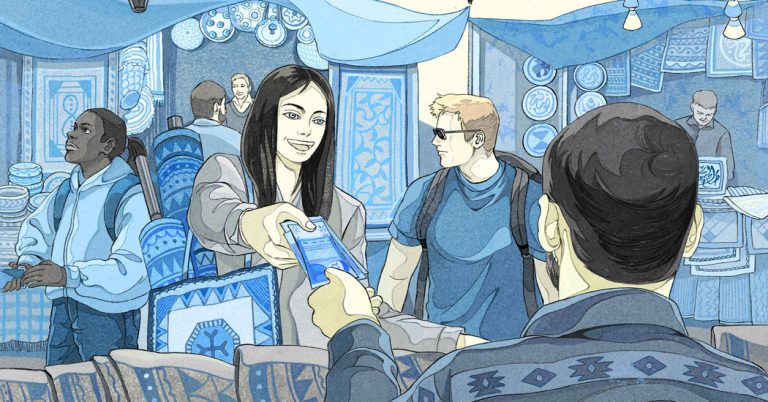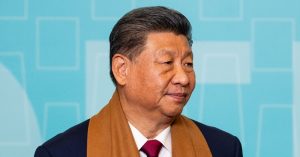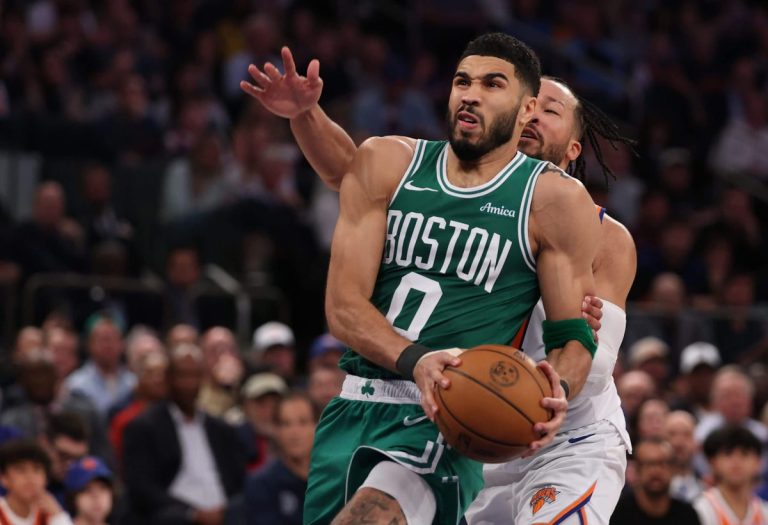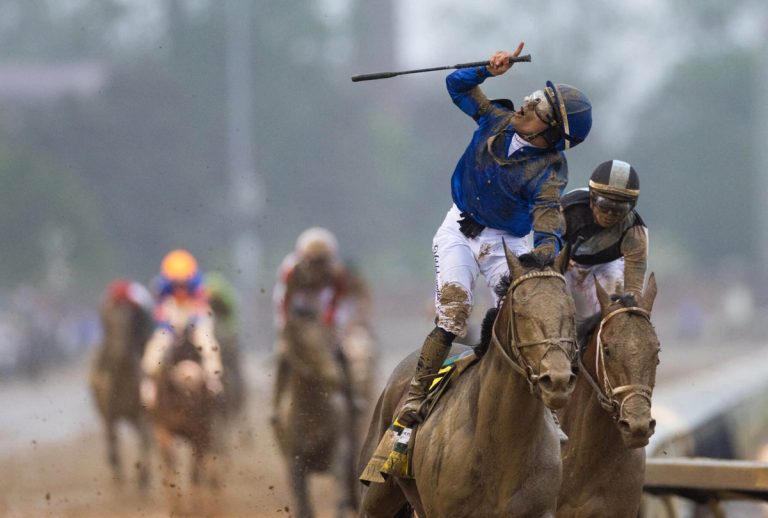The jurors weighing the case of an Uzbek man charged in a deadly 2017 truck attack on a Manhattan bike path appear to be focused on a fundamental but stunning question: What would happen if they acquitted him?
The issue has arisen in a flurry of notes the jurors have sent to the judge almost from the start of their deliberations, which began late on Wednesday and continued on Thursday in the trial in Federal District Court in Manhattan.
If the man, Sayfullo Saipov, is found guilty of certain counts in the case, he could face the death penalty.
Federal prosecutors have told the jury that to convict Mr. Saipov, who was charged with killing eight people on the bike path and wounding more than a dozen others, they must find that he committed his attack at least in part because he wanted to “gain entrance” to the terrorist group the Islamic State, known as ISIS.
Mr. Saipov’s lead lawyer, David E. Patton, has taken the unusual tack of admitting that his client drove the truck that caused the deaths and injuries — “It wasn’t an accident — he did it intentionally,” Mr. Patton told the jury as the trial opened. But he has disputed the government’s assertion that Mr. Saipov carried out the attack in order to become a member of ISIS, a terrorist group that once held sway over large areas in Iraq and Syria and has pledged to create a new Muslim caliphate.
Shortly after the jury was sent to deliberate in the case late Wednesday, the jurors sent out their first note to the judge.
“If we find that he did not do it for ISIS membership and therefore is not guilty,” the note said, “would he be retried with different charges?”
Another question from the jury asked whether the defense was contending that Mr. Saipov had committed the truck attack “as described, but was simply charged with the wrong crimes.”
Jury notes may represent the view of only a single juror or a fraction of the group. The questions may have been posed for argument’s sake and might not represent a final conclusion of any juror.
After consulting with Mr. Saipov’s lawyers and the government, the judge, Vernon S. Broderick, summoned the jurors into the courtroom on Thursday morning and responded to their questions.
He told the jury that whether different charges could apply to the facts in the case was not their concern, nor should that enter into their deliberations.
In the trial, jurors heard testimony from survivors and relatives of people killed in the attack. The truck had plowed into bicyclists, sending riders flying into the air, crushing others on the ground and leaving broken truck parts, mangled bicycles and bodies scattered behind.
The eight fatalities included six tourists, one from Belgium and five from Argentina. The other victims were a 23-year-old software engineer from Manhattan and a 32-year-old financial worker from New Jersey.
Should it convict Mr. Saipov, the jury would then decide whether he should be imprisoned for life or face the death penalty, which would require a unanimous vote of the 12 jurors.
The government’s decision to seek capital punishment against Mr. Saipov was originally made during the administration of President Donald J. Trump, who tweeted after the attack “SHOULD GET DEATH PENALTY!”
Later, the attorney general at the time directed federal prosecutors to seek Mr. Saipov’s execution if he was convicted.
Mr. Saipov’s lawyers last year asked the Justice Department under Mr. Biden to withdraw the death penalty request. But in September, writing to the judge, Vernon S. Broderick, prosecutors said Attorney General Merrick B. Garland had decided that the government would continue to pursue capital punishment in the case.












